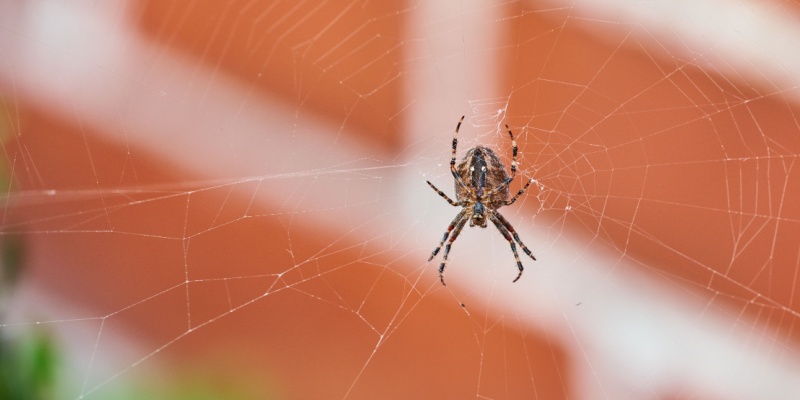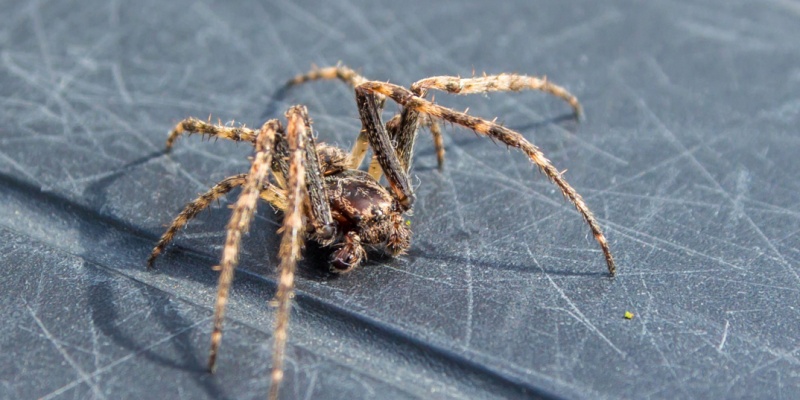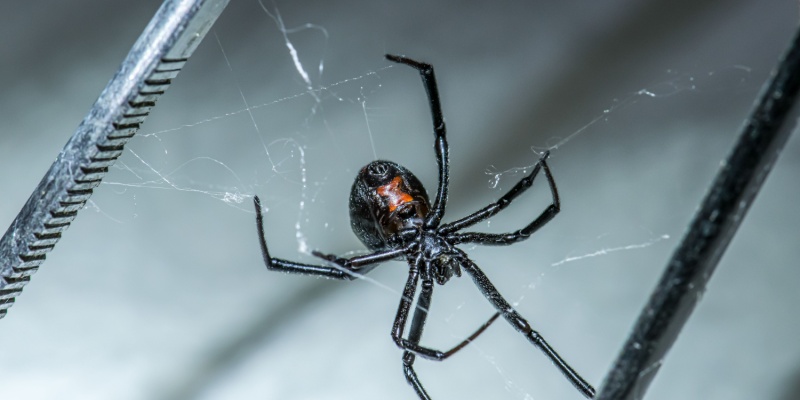Spiders, with their eight legs and intricate webs, often invoke a mix of fascination and fear in people. While some may appreciate their role in controlling other pest populations, others dread the sight of these arachnids creeping around their homes. If you’ve found yourself wondering why spiders seem to have taken up residence in your living space, you’re not alone. In this blog post, we’ll explore the various factors that contribute to a spider problem in homes and offer practical solutions to address this common issue.
Understanding Spider Behavior:
Before delving into the reasons behind a spider infestation, it’s helpful to understand a bit about spider behavior. Spiders are primarily attracted to two things: food and shelter. As predators, they seek out environments where they can find ample prey, such as insects like flies, mosquitoes, and ants. Additionally, spiders prefer dark, secluded areas where they can spin their webs undisturbed and wait for unsuspecting prey to stumble into their trap.
Factors Contributing to a Spider Problem:
1. Abundance of Prey: One of the main reasons spiders may be proliferating in your home is the presence of other pests. If your living space provides a steady supply of insects for spiders to feed on, they’ll be more likely to stick around. Common sources of food include crumbs, food residue, and even houseplants that attract bugs.
2. Clutter and Hiding Spots: Spiders thrive in environments with plenty of hiding spots and clutter. Piles of clothes, stacks of newspapers, and boxes stored in dark corners create perfect hiding spots for these arachnids. By reducing clutter and keeping your living space tidy, you can eliminate potential hiding spots and discourage spiders from taking up residence.
3. Structural Vulnerabilities: Cracks, gaps, and openings in the walls, floors, and foundation of your home provide easy entry points for spiders. They can squeeze through surprisingly small spaces in search of shelter and prey. Inspecting your home for these vulnerabilities and sealing them off can help prevent spiders from gaining access.
4. Outdoor Environment: The conditions outside your home can also impact the likelihood of a spider infestation indoors. If your property has dense vegetation, overgrown bushes, or outdoor lighting that attracts insects, spiders may be more inclined to venture indoors in search of prey.
5. Climate: Certain climates are more conducive to spider populations than others. Warmer, humid environments provide ideal breeding conditions for many spider species, leading to higher numbers indoors.
Addressing the Issue:
Fortunately, there are several steps you can take to address a spider problem in your home. Start by eliminating potential food sources for spiders by keeping your living space clean and free of crumbs and debris. Regularly vacuuming and sweeping can help remove spider webs and their eggs.
Next, declutter your home to minimize hiding spots for spiders. Store items in sealed containers, and keep storage areas well-organized and free of excess clutter.
Inspect your home for structural vulnerabilities and seal off any cracks or gaps where spiders may be entering. Pay special attention to areas around windows, doors, pipes, and vents.
Finally, consider implementing natural deterrents such as peppermint oil or citrus sprays to repel spiders from entering your home. Alternatively, you can use spider traps or consult with a pest control professional for more targeted treatment options.
A spider infestation can be a nuisance, but by understanding the factors that contribute to their presence in your home, you can take proactive steps to address the issue. By eliminating food sources, minimizing hiding spots, and sealing off entry points, you can effectively reduce the spider population in your living space and enjoy a more spider-free environment. If you need more help dealing with spiders in your home, reach out to the pros at Pest Raiders – we are ready to help!


